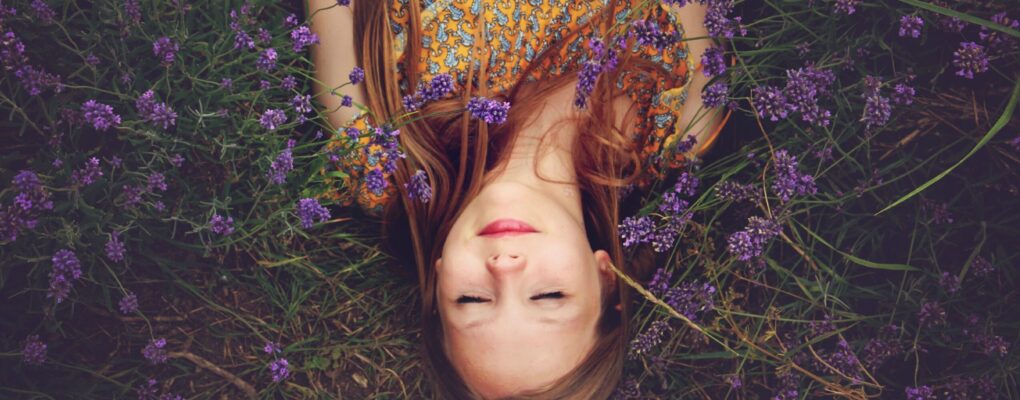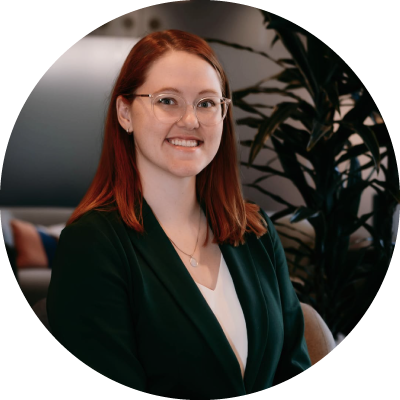
By Jillian Phillips, MPH, MBA
I cannot remember a time in my life that I did not know I was donor conceived. I was raised by the most amazing single mother and never lacked anything, but I was constantly reminded I did not have a dad.
I was bullied in elementary and intermediate school for only having one parent. Kids struggled to understand how I could have a father who neither I nor my mother had ever met.
I dreaded every school project that involved a family tree.
My birth certificate says “father: unknown.”
Any questionnaire asking for parent information received the response “father: N/A.”
On medical records, it was always “father: N/A.”
Despite being a straight-A student, active in my community, and a three-sport athlete, I heard repeatedly—from society and adults in my life—that children raised by only one parent are less successful. Many people had the misconception that I needed a dad to make me whole. They were wrong, of course, but I was curious about the origin of the other half of my DNA.
All I knew about my biological father fit onto a one-sided sheet of paper. I reread it multiple times over the years trying to imagine what he looked like and what his life was like. I often dreamed of meeting my donor conceived half-siblings. I wondered how many I had and if they were looking for me too.
While in college, my health seriously declined and there was a greater need for family medical history. Doctors speculated that I had a rare genetic condition but, because I could not identify anyone in my family with the same condition, they said I could not have inherited it. I did not know half of my family medical history, but my doctors ignored this concern. It took nearly five years and countless specialists to receive the diagnosis. The whole time, I wondered if my donor conceived siblings were dealing with similar medical issues.
I did not know half of my family medical history, but my doctors ignored this concern. It took nearly five years and countless specialists to receive the diagnosis. The whole time, I wondered if my donor conceived siblings were dealing with similar medical issues.
Jillian Phillips
In 2020 I finally decided to take a DNA test. I took a 23andMe test and matched with multiple distant relatives I did not recognize. Unlike many donor conceived people, I had no half-sibling DNA matches waiting for me when I got my results. Heartbroken by the lack of close relatives, I logged off and ignored the results for another six months.
On March 31, 2021, a distant cousin shared her family’s ancestry with me. Based on information from that message and the DNA connection to a first cousin once removed, I was able to put the pieces together to find my biological father. It took a few hours, but I narrowed it down to one branch of a family tree, and only one brother fit the description from the donor profile.
After more than 20 years of longing to know his name and see a picture, I finally found him. Not only did I find my biological father, but I found out that I had a 10-year-old brother too. I experienced a whirlwind of emotions. I had finally found my biological father, despite being told my whole life that it would be impossible to ever know him because he had been anonymous. It was surreal scouring his Facebook page, trying to learn everything I could about a man I had never met—despite him making up 50 percent of me.
I spent the next few days crafting an email. I wrote and rewrote the email a dozen times before finally sending it. I am one of the lucky ones—I reached out to my biological father, and he was pleased to be found.
Finding him answered many of the questions I had. I see myself in him and his family more than I ever did with my maternal family. Despite not being raised by him, we share many of the same mannerisms. We have the same big cheeks and the same small dimple at the corner of our mouths when we smile. I also get many of my orthodontic issues from his side of the family—and they have all jokingly apologized for that.
I did not know what to expect when I found my biological father and was surprised by my feelings of grief. I have had to process grieving a family I did not know existed. I missed out on 25 years with them and the first ten years of my brother’s life that I will never get back. I also missed out on knowing some relatives completely because they passed away before I found them. On the other hand, no feeling quite compares with walking into a family gathering, being welcomed, and feeling wanted.
If I could change it, I only wish that I could have known my biological family from the beginning—or at least much sooner.
My ‘before’ and ‘after’ discovery lives collided when my little brother asked to attend my MBA graduation ceremony in 2022. Most people are not alive yet when their mom meets their dad, so this is an experience entirely unique to donor conception. I introduced them to each other before the ceremony, we took pictures together, and then I had to say goodbye to sit with the other graduates. The whole time, I wondered how things were going and if they were getting along. They sat together during my graduation ceremony, and then we had dinner together. I was very anxious leading up to the evening, but it was incredible having both sides of my family present for the first time.
Discovering my biological family has enriched my life in many ways, but also led to more questions—internally and from society.
Previously simple questions like “how many siblings do you have?” are exponentially more complicated. Do I respond that I was raised an only child? Do I say I have one half-brother? Do I mention that I likely have hundreds of half-siblings that I will never know? No answer feels sufficient.
When updating my paternal family medical history, medical professionals were fascinated about how I had just learned the information and asked, in detail, how it was possible. One appointment that should have taken fifteen minutes took nearly an hour due to the barrage of questions.
As someone who likes to know all the answers, I struggle to accept that I will never know how many half-siblings I have or their identities. Finding my biological family and experiencing the joy of having a sibling has been wonderful, but there will always be a piece of me that thinks of those I will never know.
I have learned so much through my journey, but I know this is just the beginning.
About the author

Jillian is vice president of government affairs for USDCC. She lives in Indiana with three dogs and one cat. She has a degree in biology, masters of public health, a masters of business administration, and is currently pursuing a law degree. She began figure skating at the age of three and competed in ice dancing and synchro for 12 years. She continues to coach at a local rink.
Top image by Amy Treasure via Unsplash
